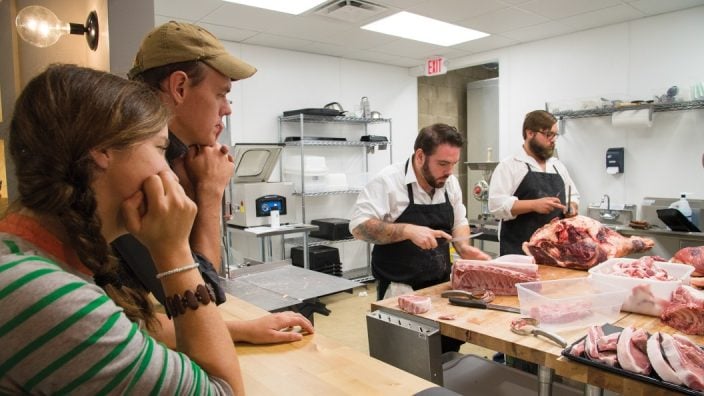Farmer’s Guide to Trucking Regulations available to Ohio Farm Bureau members
The guide includes a farm driver checklist, overview of state and federal regulations and exemptions, CDL qualifications and more.
Read More
As soon as pigs are born on Seth and Lyndsey Teter’s farm, they call their meat processor. Calling up to half a year ahead of time is less than ideal, but the Tuscarawas County Farm Bureau couple know that if they don’t get that appointment, they’ll struggle to find a place to have the animals harvested and processed.
“We’ve had it happen where we’ve called six months out and they were already booked up and that’s pushed us out even further. We get the sense that the whole system is under strain, especially when it comes to capacity and finding reliable plant employees,” Seth said. It’s not unusual for the couple to have to travel 1 ½ hours to have their animals processed.
The Teters and other small and medium-size livestock producers have increasingly reached out to Ohio Farm Bureau over the last couple of years to share their frustration with getting their animals harvested and processed in a timely manner.
“The main thing we’ve heard is that farmers have long waits to get animals harvested,” said Roger High, OFBF’s director of livestock policy. “Livestock producers really have to project far out when their animals will be finished. There is a shortage of meat processors – parts of the state have no processors available. Plus plants, especially smaller ones, have trouble getting employees to work for them.”
OFBF staff have met with Ohio Department of Agriculture leaders to share members’ stories and learn more about the state and federal regulations the meat processing industry needs to comply with.
“It’s very difficult to get to the heart of the problem because there are so many factors there,” said Elizabeth Harsh, executive director of the Ohio Cattlemen’s
Association. “There’s certainly a capacity issue, an employee issue and some seasonality issues. Some of our beef producers tell us that it’s really tight during deer season and that (meat processors) are so swamped that they can’t get food animals in there.”
As president of the Ohio Association of Meat Processors and plant manager of a poultry processing plant, Darke County Farm Bureau member Levi King is familiar with many of these problems. The biggest challenge for his business, King and Sons Poultry Services in Bradford, is maintaining a reliable and skilled workforce. Because of the seasonality of the poultry industry, January to April is a slow season and most employees need more than part-time work. He’s also competing with local factories that often offer higher wages and full-time positions.
“A lot of (poultry) processor plants are not used for maximum capacity because of seasonality,” King said. “There are definitely lots of challenges … and it’s not hugely profitable. It seems to be more and more expensive to manage it all.”
For the Teters, they are expanding their pasture-raised hog business and wonder if the two processors they rely on will be able to meet their demand as they grow. Building a facility on their property is cost prohibitive – about a $500,000 investment. And they’ve talked with some meat processors who have indicated the next generation is not interested in continuing the family business.
“It’s amazing the guys who do this because of the amount of paperwork they have to fill out …The fact that they stick around and do what they do is amazing,” Seth Teter said.
The Ohio Department of Agriculture’s Division of Meat Inspection regulates 275 meat and poultry plants of which 194 are fully inspected facilities. There are 188 meat, poultry and egg product plants inspected by the U.S. Department of Agriculture.
Source: ODA
Cutline: Seth and Lyndsey Teter, who sometimes travel 1 1/2 hours to have their hogs butchered, watch as one of their hogs is broken down.


The guide includes a farm driver checklist, overview of state and federal regulations and exemptions, CDL qualifications and more.
Read More


Katie Share of Columbus has been named ExploreAg and Youth Development Specialist for Ohio Farm Bureau.
Read More

Mary Klopfenstein of Delphos has been named Young Ag Professional and Ag Literacy Program Specialist for Ohio Farm Bureau.
Read More

The plan has been updated to give sole proprietors access to more rate stability and a smart solution that offers potential savings on health care.
Read More

The American Farm Bureau Federation, in partnership with Farm Credit, is seeking entrepreneurs to apply online by June 15 for the 2025 Farm Bureau Ag Innovation Challenge.
Read More

Adele Flynn of Wellington has been elected treasurer of the Ohio Farm Bureau Federation and now holds the third highest elected office in Ohio’s largest and most influential farm organization.
Read More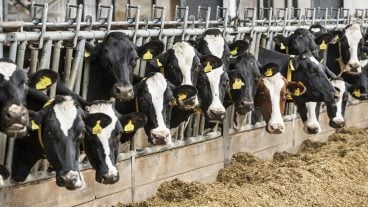
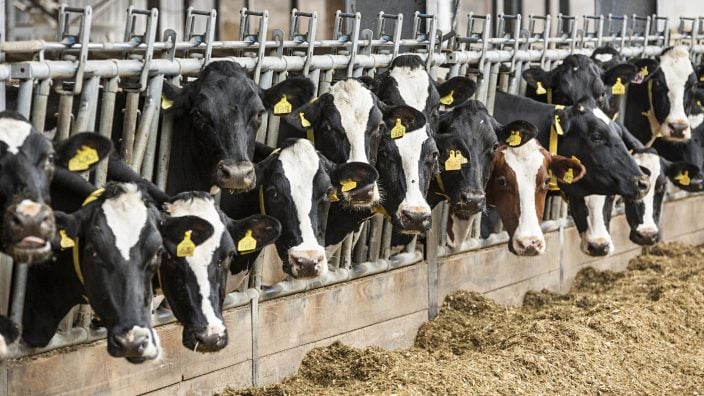
Producers are urged to work with their veterinarian to practice enhanced biosecurity measures and review and limit cattle movements within production systems.
Read More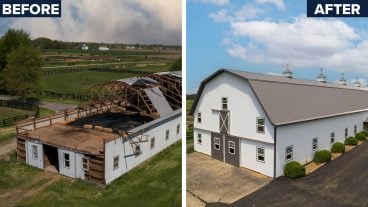
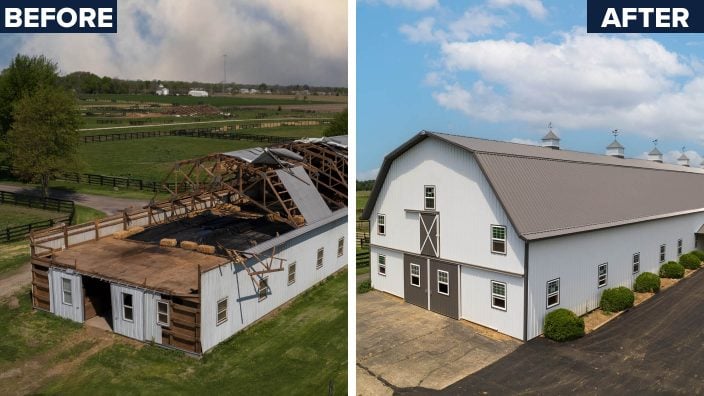
The changing seasons bring with them the need to thoroughly inspect pole barns for any damages that may have occurred during the winter months.
Read More
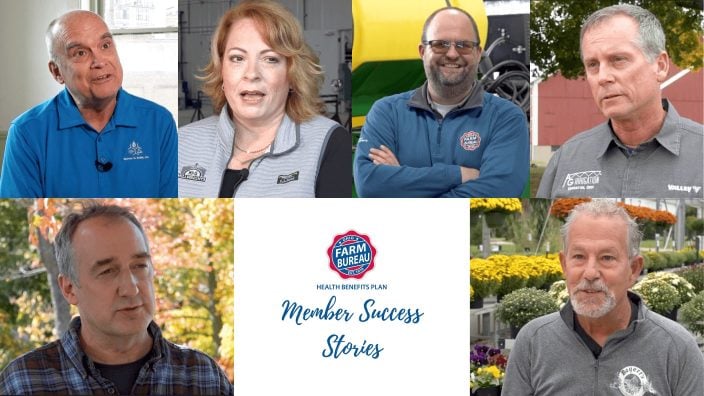
Hundreds of Ohio businesses and sole proprietors are raving about Ohio Farm Bureau’s Health Benefits plan with lower, predictable costs and easy enrollment and administration options.
Read More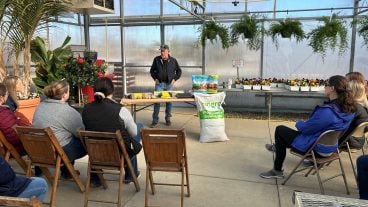
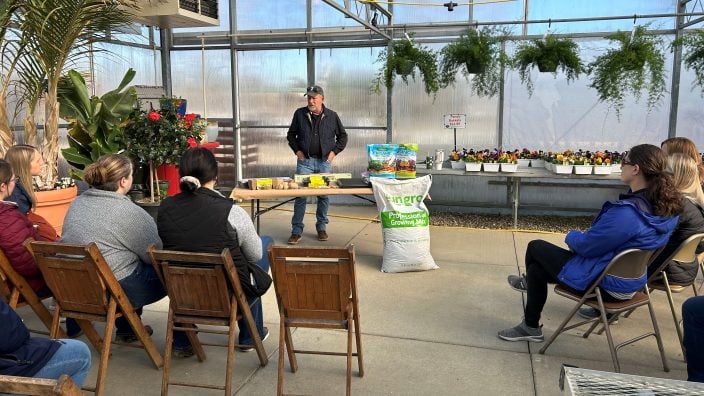
AgriPOWER Class XIV spent a few days in March in Medina and Wayne counties learning more about northern Ohio agriculture from leaders in Ohio Farm Bureau.
Read More